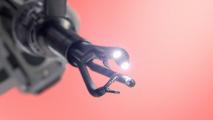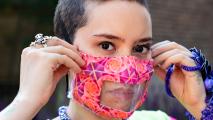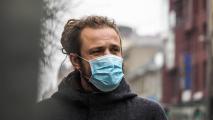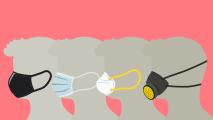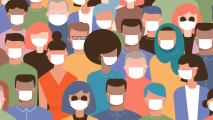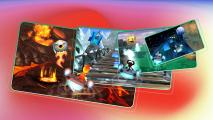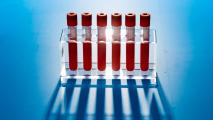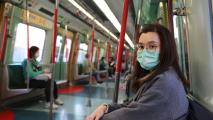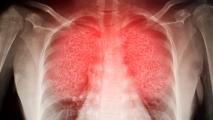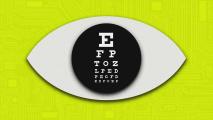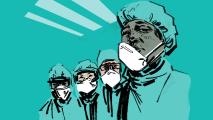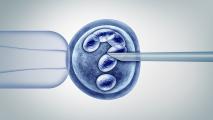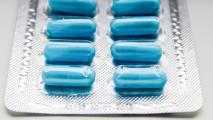
Biotech
Human history has been all but defined by death and disease, plague and pandemic. Advancements in 20th century medicine changed all of that. Now advancements in 21st century medicine promise to go even further. Could we bring about an end to disease? Reverse aging? Give hearing to the deaf and sight to the blind? The answer may be yes. And soon.
More
Robotic surgery unlocks a new era of medicine
The advancement of robotic surgery systems is expanding physical limitations to allow for minimally invasive procedures and improved patient recovery.
What are the risks for pregnant women with COVID-19?
Pregnant women have a lot to worry about, but is stressing over coronavirus worth it? Here’s the latest research.
Reopening schools this fall could benefit children
Experts in favor of reopening schools as soon as possible argue that school closures could be hurting young people’s physical, mental, and social health.
This designer is making masks for people with disabilities
With special closures, see-through panels, and a riot of colors and patterns, designer Sky Cubacub is making face masks for people with disabilities.
The long-term health effects of COVID-19
As their numbers swell, some survivors are reporting long-term health effects of COVID-19.
Simple tips for choosing a face mask that works
To prevent the spread of COVID-19, face coverings are now mandatory in many states. Here’s what you need to know about choosing a face mask.
Who is at high risk for COVID-19? Experts weigh in.
Two COVID-19 risk factors are particularly likely to increase a patient’s chances of having a severe case, according to a new CDC report.
Nanotech endometriosis treatment could ease women’s pain
An in-development endometriosis treatment uses dye-filled nanoparticles to identify and destroy diseased tissues.
Prescription video games for kids with ADHD could be on the horizon
With its FDA approval, EndeavorRx may mark the beginning of prescription video games for kids with ADHD and other mental health disorders.
Personalized blood test for cancer hunts down tumor DNA
A newly unveiled personalized blood test for cancer monitoring has a sensitivity 10 times that of existing liquid biopsy methods.
Building a factory for human organs
Tissue engineering and regenerative medicine experts are working to mass-produce human organs through the ARMI consortium.
Secrets of the Dead Sea Scrolls may be in animal DNA
Scholars’ understanding of the Dead Sea Scrolls may be enhanced by an unusual source: the DNA of the animals they’re printed on.
Does a positive antibody test mean i’m immune? it depends.
As the conversation shifts from tracking and diagnosing COVID-19 to reopening society, people are now focused on antibody tests. But experts warn that an antibody screen may supply a false peace of mind.
How to stop COVID-19's killer cytokine storm
COVID-19 can cause a potentially lethal cytokine storm, a runaway immune system response. Researchers are studying drugs they hope can calm the storm.
Series|
Catalysts
Online eye exams will change the way we buy glasses
The FDA recently lifted restrictions against an online eye exam provider to help optometrists reach their patients during the pandemic. Will vision care go virtual for good?
How does the coronavirus spread? Expert consensus builds
Scientists are beginning to come to a consensus on coronavirus transmission.
Gene therapy hailed as cure for sickle cell disease
A gene therapy that uses CRISPR to edit a patient’s own stem cells looks like a “functional” cure for sickle cell disease and beta thalassemia.
The first life-saving coronavirus drug is a common steroid
A large clinical trial in the U.K. identified the cheap, widely available steroid dexamethasone as potentially the first life-saving coronavirus drug.
“Pussypedia” demystifies the female anatomy
“Pussypedia” is a free, bilingual, gender-inclusive encyclopedia of highly accurate, easy-to-understand women’s health resources.
Street medics tend to protesters in the midst of a pandemic
Across the U.S., groups of volunteer street medics are dispensing medical care to police brutality protestors in the midst of the coronavirus pandemic.
Get inspired with the most innovative stories shaping the world around us.













